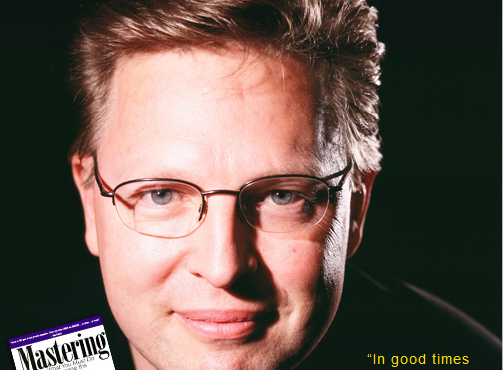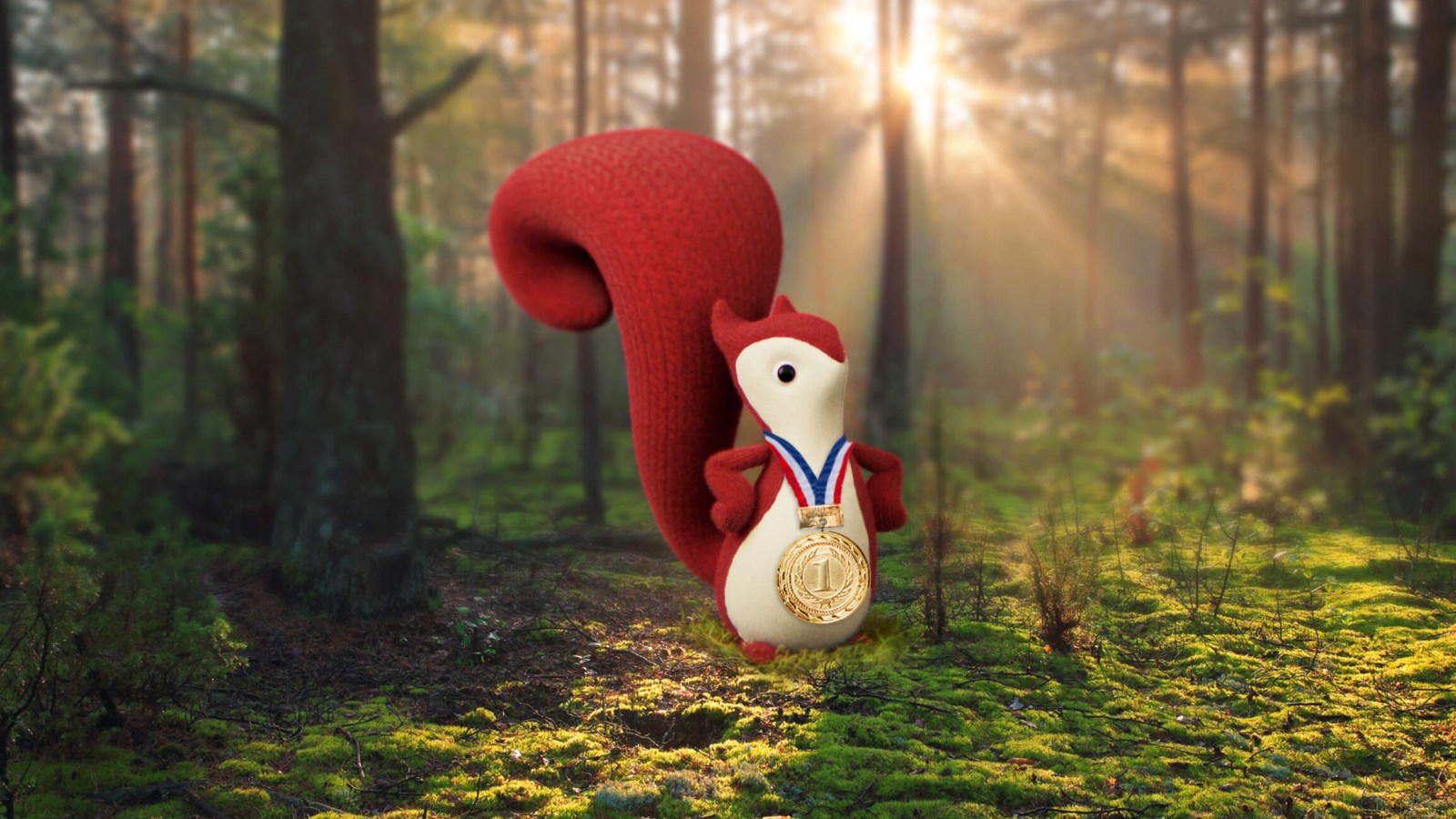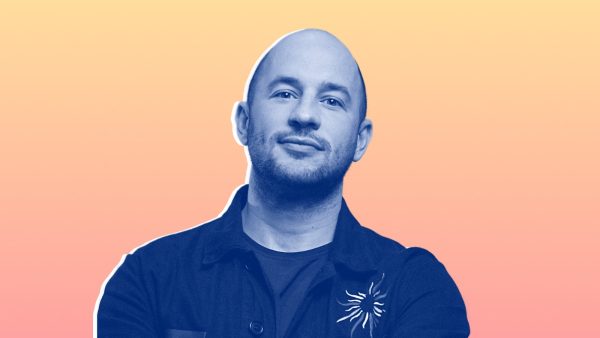Companies that build teams with strong moral character win. Their teams are happier, perform better and are more successful overall. This bold claim stems from the work of Jim Loehr, renowned performance psychologist and author of the book The Only Way to Win.
Loehr´s research, which in part is based on his experience taking 16 world class athletes to number one in their sport and working with thousands of “corporate athletes,” shows that the satisfaction we get from achieving extrinsic accomplishments (number one in tennis, a new job, winning a deal, building a company) is mostly shallow and fleeting.
Instead, what gives us a long lasting feeling of fulfillment and happiness is having practiced integrity, generosity, gratefulness, humility, optimism, and compassion in the pursuit of these goals. CEOs with the mindset of a “servant leader” are in a unique position to support the development of these strengths.
CHARACTER STRENGTHS WIN IN SPORTS
Loehr recently founded a junior tennis academy at his Human Performance Institute. On their first day, the students hear: “We care about your tennis but care more about who you become because of tennis. Our most important imperative at this academy is winning with character.”
Working from a list of moral strengths, the students are required to journal about lessons learned that day, on and off the court. Not surprisingly, this has helped their performance. All 15 students going through the program are currently nationally ranked.
… AND IN BUSINESS
What Loehr has learned works in business, as well. After the tragic loss of his wife, Jay Steinfeld, founder and CEO of Blinds.com, reached a turning point. “My future really began to take shape only when I began to define my success as being in the act of continuous improvement and improving the lives of others around me,” he recalls.
Realizing, as he put it, that he was “an overly burdensome micromanager, always finding fault in others,” he concentrated on identifying and recognizing the successes of his team. As he became more empathetic, his team relaxed—and performed better. To help his employees to stick with their own self-improvement goals, he put up a white board where individuals could share such commitments.
As the company has grown increasingly successful—it is now the world’s largest online retailer for window blinds and shades, with $120 million in annual revenue and 180 employees—Steinfeld has tried to help his team stay true to its humble beginnings. He personally brings new recruits to a run-down alleyway in Houston where the thriving company had its first office back in 1996. There, he shares the history and core values of the company. He even built a reproduction of the alleyway at the company’s new offices. “This way, we keep our humble history fresh in our minds and it also reinforces our core value ´Help People Achieve What They Never Thought They Could,’ ” he explains.
IDENTIFY SUCCESS PATTERNS THROUGH JOURNALING
Boston Centerless, a manufacturer of ground bars and grinding services, recently completed its first eight month leadership program where character building, not skill building was the focus of the curriculum. Participants developed very specific plans about who they want to be and what kind of change they want to create in their behavior. As at Loehr’s academy, one of the key practices taught in the Boston Centerless program is journaling. Research shows that writing, especially by hand, about one´s thoughts and feelings, is one of the most powerful exercises to provoke lasting character change.
Martin Seligman, the father of positive psychology, suggests a simple but effective journaling routine: Every night write down three things that went well that day and why they went well. This helps the writer to identify personal patterns of success and highlights how moral character strengths make good things happen in business and in life.
ANDRE AGASSI’S DAILY JOURNEY
Andre Agassi shares in his memoirs how writing down his goals every morning and how he wants to achieve them that day helped him gain that “steely resolve” that brought him back to the #1 spot in world tennis. “After putting them on paper, saying them out a loud, I also say aloud: `No shortcuts.’”
As Loehr emphasizes, Agassi’s reinvention of himself—from an obnoxious player who became number one but hated his fame and wealth and at one point battled drug addiction—to “the compassionate, generous, thoughtful and humble person he is today,” as Loehr puts it, shows how moral character development ultimately supports performance. When he focused on improving himself, he came back as number one and was happier.
As a servant leader, consider how you might use your company as a vehicle for building your own character strengths and those of your team. The results will likely astound you.









